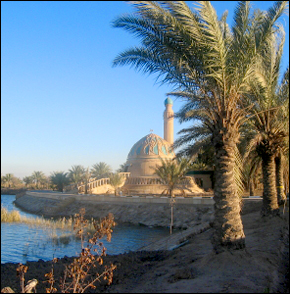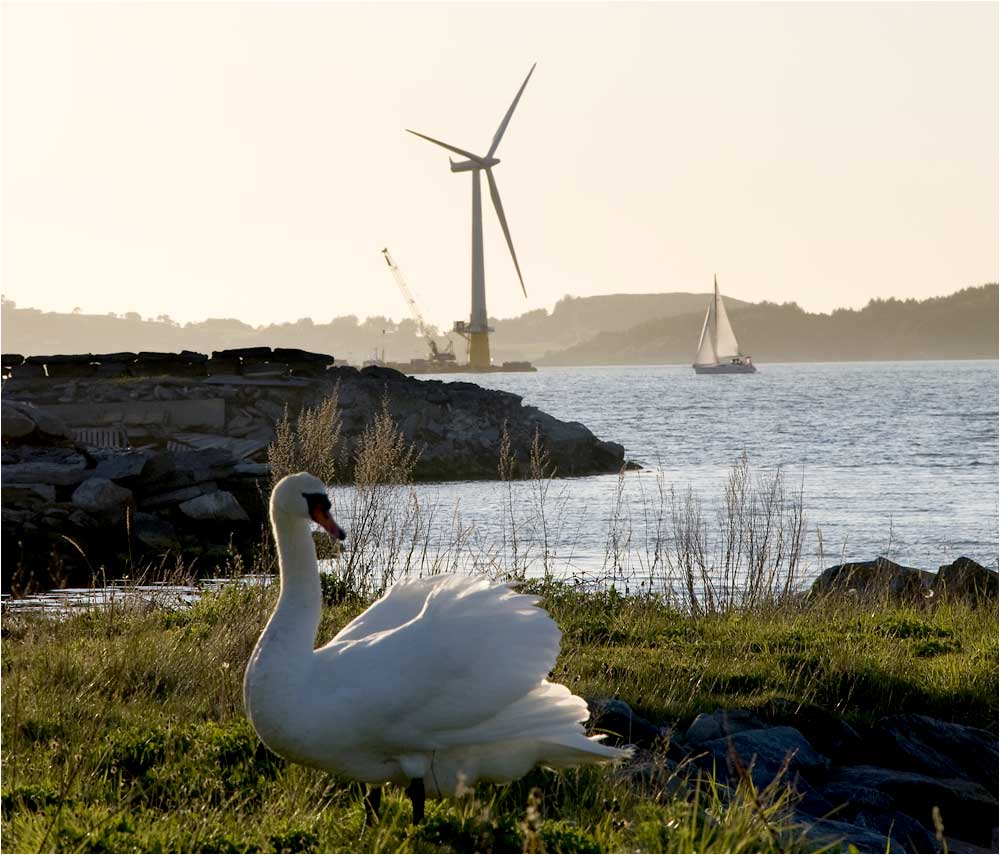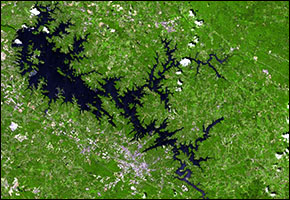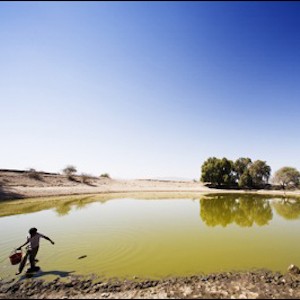Water is a Key Issue in Iraqi Election, U.S. General Odierno Says
With sectarian violence on the decline, Iraqi citizens expect service improvements to take shape in the coming elections.
 Opinion polls show that basic services such as water and electricity are top issues for Iraqis in the March 7 parliamentary elections, the United States’ commanding general in Iraq said last week.
Opinion polls show that basic services such as water and electricity are top issues for Iraqis in the March 7 parliamentary elections, the United States’ commanding general in Iraq said last week.
“There’s many polls being conducted in Iraq, and all the polls are very clear to them what’s important–number one is the economy, is jobs. Number two, although a bit different, is basic services, electricity, water. Number three becomes something like a better Iraq for my children,” said Gen. Ray Odierno, speaking at the Institute for the Study of War in Washington, DC.
Water supply problems because of war, under-investment, poor management and drought are evident throughout Iraq. In Baghdad, where nearly 15 percent of its 8 million residents do not have access to potable water, officials are trying to gain control over the distribution system.
“There is no management of water distribution and many of the distribution networks were constructed without planning,” said Haider Mohammed, the city’s chief water engineer, DVIDS Media reports. “The city of Baghdad also lacks adequate reservoirs, which results in the pumping of water from the production plant directly into the distribution system.”
The Baghdad Water Authority loses money and half of its water supplies from leaky pipes and illegal connections to the system.
Approximately $1 billion has been invested invested in expanding the city’s supply network, which is scheduled to be completed in 2012, according to Radio Free Europe/Radio Liberty. The project includes 16 water storage facilities and will supply Baghdad’s needs through 2030, according to RFE/RL.
Meanwhile, the southern province of Basra recently opened eight desalination plants to help cope with supply shortages, Middle East North Africa Financial Network reports.
Last fall nearly two million people in Basra lacked drinking water because of persistent drought and low river levels that caused sea water to spoil aquifers. Iran began shipping water by tanker to the province to alleviate the crisis.
Source: Institute for the Study of War, DVIDS Media, Radio Free Europe/Radio Liberty, Middle East North Africa Financial Network
Brett writes about agriculture, energy, infrastructure, and the politics and economics of water in the United States. He also writes the Federal Water Tap, Circle of Blue’s weekly digest of U.S. government water news. He is the winner of two Society of Environmental Journalists reporting awards, one of the top honors in American environmental journalism: first place for explanatory reporting for a series on septic system pollution in the United States(2016) and third place for beat reporting in a small market (2014). He received the Sierra Club’s Distinguished Service Award in 2018. Brett lives in Seattle, where he hikes the mountains and bakes pies. Contact Brett Walton








Leave a Reply
Want to join the discussion?Feel free to contribute!